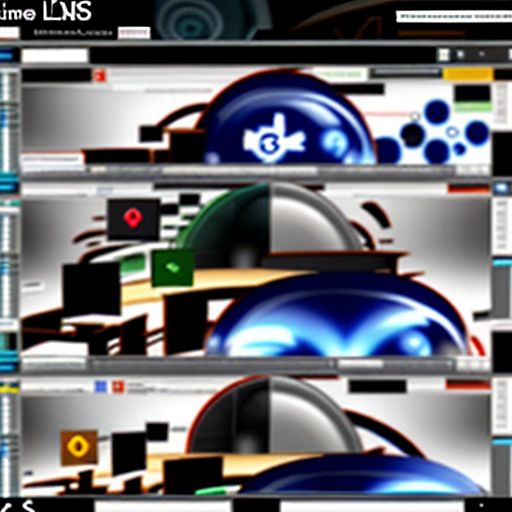In today’s digital age, education and training are undergoing a massive transformation. The traditional classroom setting is being enhanced by, and in some cases, replaced with, online learning experiences. At the heart of this revolution is the Learning Management System (LMS) software. But what exactly is LMS software, and why is it so crucial in today’s learning environments?
Diving Deep into LMS Software
What is Learning Management System Software?
In simple terms, a Learning Management System is a software application that facilitates the administration, documentation, tracking, reporting, automation, and delivery of educational courses, training programs, or learning and development programs. Think of it as a centralized hub where all your learning content resides and where learners can access it, track their progress, and interact with instructors and peers.
The Importance of Learning Management System Software
LMS software has become indispensable for several reasons:
- Centralized Learning: It provides a single platform to host all learning materials, making them easily accessible to learners anytime, anywhere.
- Personalized Learning Paths: LMS platforms allow for customized learning experiences tailored to individual needs and progress.
- Streamlined Administration: Tasks like tracking learner progress, grading assignments, and generating reports are automated, freeing up valuable time for educators and trainers.
- Enhanced Collaboration: Features like discussion forums, chat options, and group projects foster a sense of community and encourage learner interaction.
- Cost-Effectiveness: LMS platforms can significantly reduce the costs associated with traditional training methods, such as travel, printing materials, and physical classroom spaces.
 Modern LMS Dashboard
Modern LMS Dashboard
Key Questions About Learning Management Systems
The growing importance of LMS software has led to many questions. Here are some of the most frequently asked:
What are the different types of LMS software?
LMS platforms can be broadly categorized as:
- Cloud-based LMS: These are hosted on the provider’s servers and accessed via the internet, requiring minimal setup and maintenance.
- Self-hosted LMS: These are installed and run on an organization’s own servers, offering greater customization but demanding more technical expertise.
- Open-source LMS: These platforms have publicly accessible source code, allowing for greater flexibility and customization but often requiring technical know-how.
What features should I look for in an LMS?
When choosing an LMS, consider features like:
- Content authoring tools
- Assessment and feedback mechanisms
- Mobile compatibility
- Gamification and interactive elements
- Integration with other business systems
- Reporting and analytics dashboards
- Security and data privacy features
What are the benefits of using an LMS for my organization?
Implementing an LMS can lead to:
- Improved learning outcomes and knowledge retention
- Increased employee engagement and productivity
- Reduced training costs and time
- Data-driven insights to optimize learning programs
- Scalability to accommodate future growth
Conclusion
management.snuk.info/learning-management-system-software/">Learning Management System Software is transforming the landscape of education and training. By understanding the capabilities and benefits of LMS platforms, organizations can create more engaging, effective, and accessible learning experiences for their employees, students, or members. As the demand for flexible, personalized learning continues to rise, the role of LMS software will only become more crucial in shaping the future of learning.
We encourage you to share your thoughts and experiences with LMS software in the comments below. Have you implemented an LMS in your organization? What challenges and successes have you encountered? Let’s start a conversation!